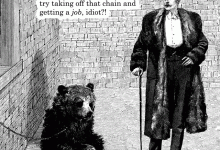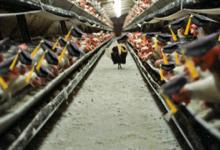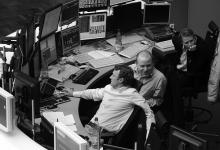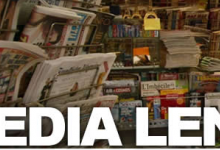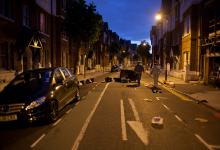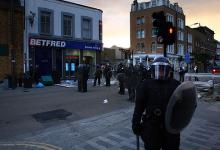Better State always; less State never
What shape should concerted left political action in Ireland take? Conor McCabe’s excellent book Sins of The Father presents a very strong thesis about how the history of the Irish Republic should not be thought in terms of a narrative of neoliberalism that might apply in other western democratic states, due to the very specific character of the Irish State and the way its economy was developed in the interests of ruling elites since the State’s foundation.

